Household Responsibility System China
Household responsibility system china. The new system revolutionized agricultural production and was enthusiastically embraced by the rural populace. Rural reforms and agricultural productivity growth in china. At the end of 1978 Xiaogang was the first in China to implement the household-based contract responsibility system under which land.
HOUSEHOLD RESPONSIBILITY SYSTEM EFFECTS. Publisher Name Palgrave Macmillan London. Under the leadership of Deng Xiaoping China had undergone a range of reforms that had transformed the countrys economy and paved the way to Chinas economic success today.
The Household Responsibility System instituted in 1978 reallocated collective agricultural land to individual rural households giving them relative autonomy over land use decisions and crop selection. Household responsibility system. Existing studies of impacts of these reforms do not consider nonrandom spread of the HRS spillovers from early adopters or distributional effects.
Household contract responsibility system established in 1982. Launched in the early 1980s the household responsibility system was an agriculture production system which allowed households to contract. By the mid-1990s many agricultural goods traded freely and those goods that remain subject to government price and marketing controls such as grain and cotton have experienced substantial market.
The household responsibility system household contract responsibility system with remuneration linked to output has been a crucial state policy the Chinese government adopted since 1978. Chinas system of rural land ownership known as the household responsibility system HRS had emerged out of community-level initiatives in the late 1970s before being taken up by county and provincial-level governments and eventually embedded in national legislation. This system requires every Chinese citizen to be officially and constantly registered with the hukou police from birth.
In 1982 the Central Committee of the Communist Party of China announced the establishment of the household responsibility system for Chinas agricultural production which was rapidly adopted. The Household Responsibility System intro-duced in the 1980s brought about yet another radical shift in the organization of Chinese agriculture. Farming house-holds were granted the rights to make their own production decisions and earn residual income from their land by selling crops in burgeoning markets.
Addressing endogenous institutional change Economics of Transition and Institutional Change 46 Jun 2020. On January 1 1982 the CPC Central Committee approved National rural.
It is 40 years since China started to abandon collective farming with initial rural reforms in 1978 that culminated in adoption of the household responsibility system HRS.
A theoretical and empirical study. Existing studies of impacts of these reforms do not consider nonrandom spread of the HRS spillovers from early adopters or distributional effects. Tual prevalence of the household responsi-bility system HRS which restores the individual household and replaces the produc-tion team system as the unit of production and accounting in rural areas. Since the adoption of the household responsibility system HRS in the early 1980s markets for agricultural goods in China have developed rapidly. Launched in the early 1980s the household responsibility system was an agriculture production system which allowed households to contract. The household responsibility system or contract responsibility system was a practice in China first adopted in agriculture in and later extended to other. This system requires every Chinese citizen to be officially and constantly registered with the hukou police from birth. However this empirical conclusion is rested upon a convenient but doubtful presumption that the process of institutional change also known as decollectivization is exogenous. A theoretical and empirical study.
By the mid-1990s many agricultural goods traded freely and those goods that remain subject to government price and marketing controls such as grain and cotton have experienced substantial market. Chinas hukou system hukou zhidu 户口 household registration system or huji zhidu 户籍制度 residential registration system is a key sociopolitical and economic institution in China. Since the adoption of the household responsibility system HRS in the early 1980s markets for agricultural goods in China have developed rapidly. Chinas system of rural land ownership known as the household responsibility system HRS had emerged out of community-level initiatives in the late 1970s before being taken up by county and provincial-level governments and eventually embedded in national legislation. After the household contract responsibility system Chinas rural reform once again usher in a major institutional innovation. Full official recognition of the household responsibility system as universally acceptable was given in late 1981. Launched in the early 1980s the household responsibility system was an agriculture production system which allowed households to contract.
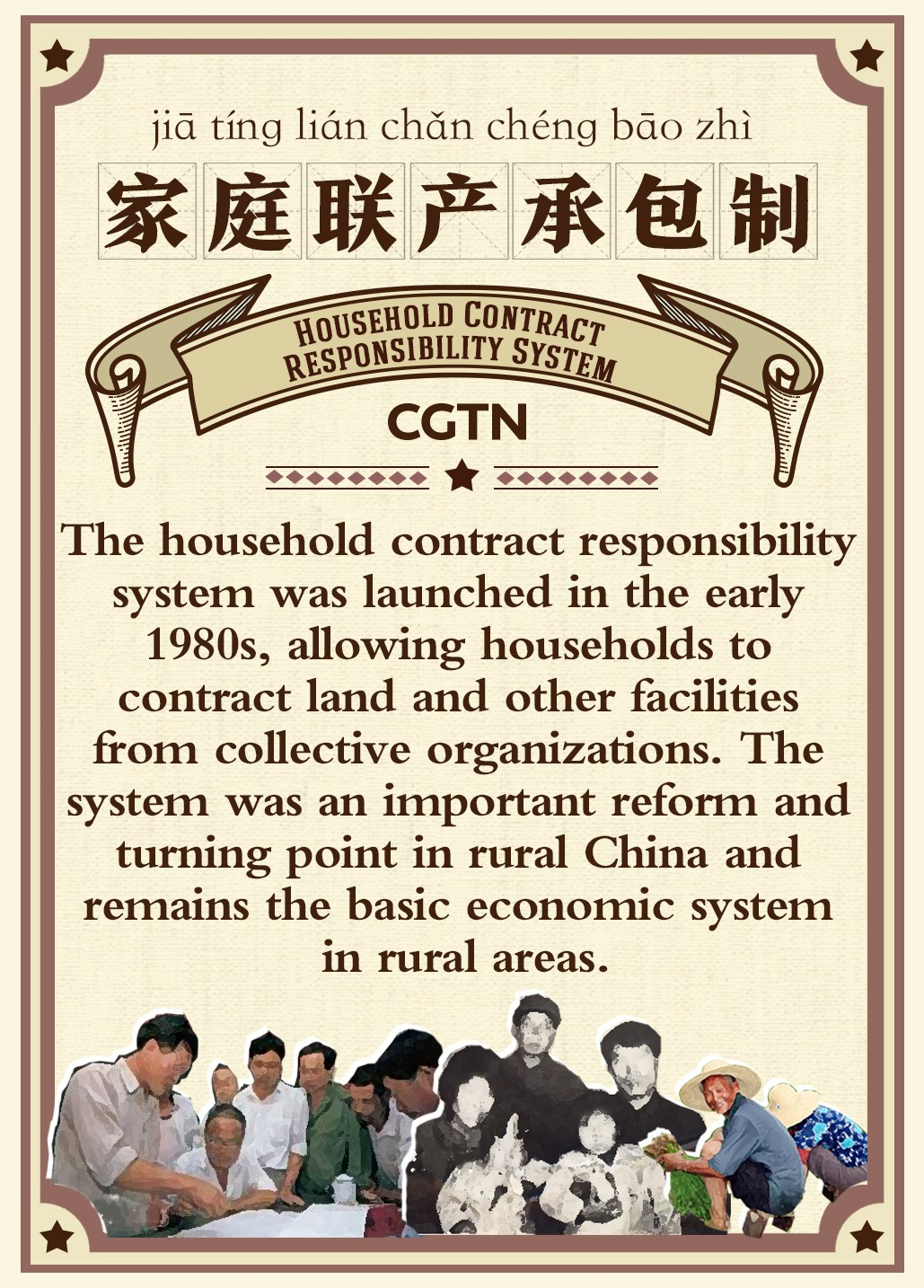
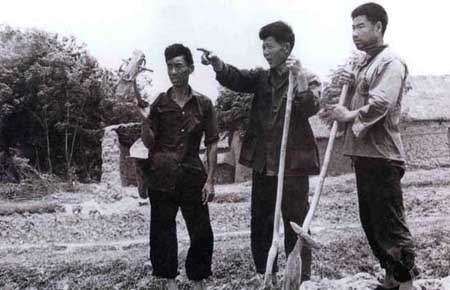
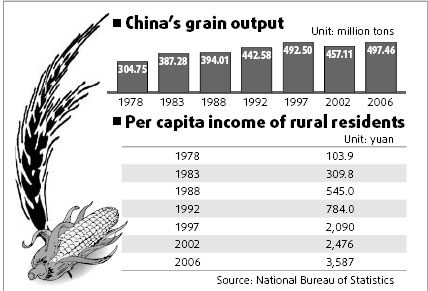
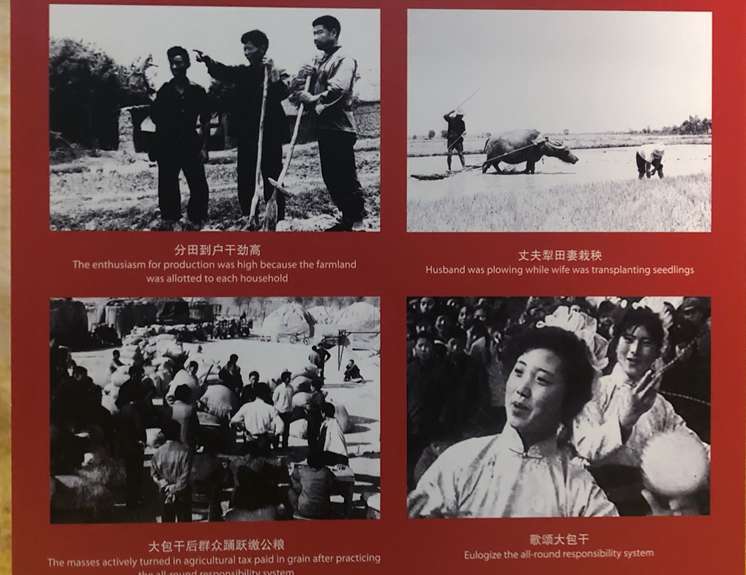
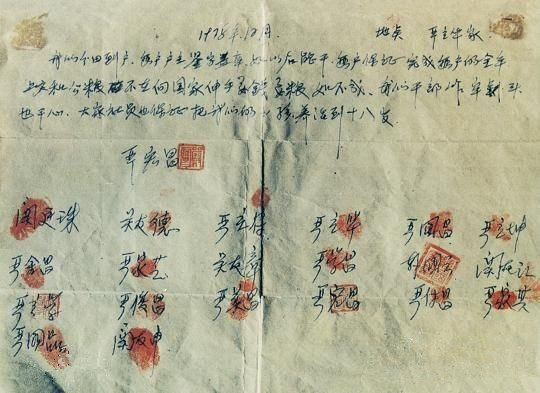





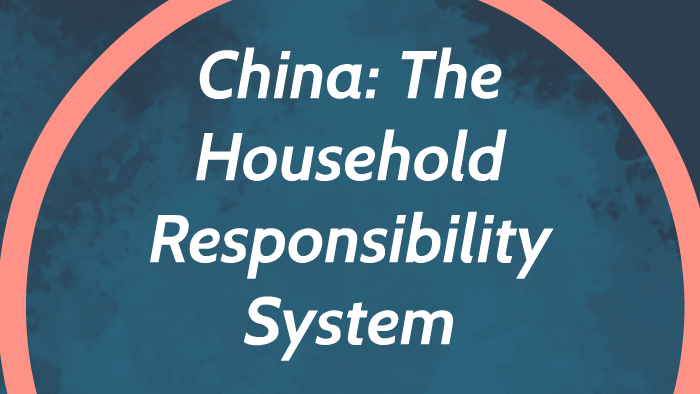




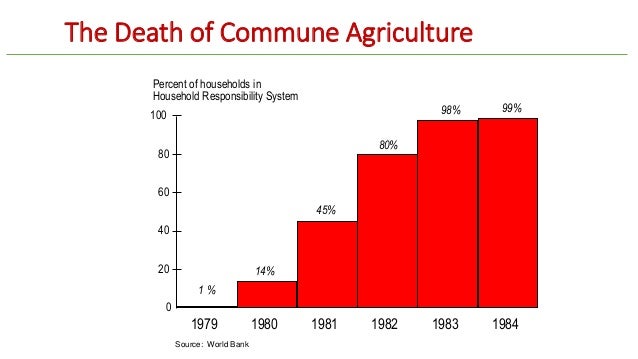






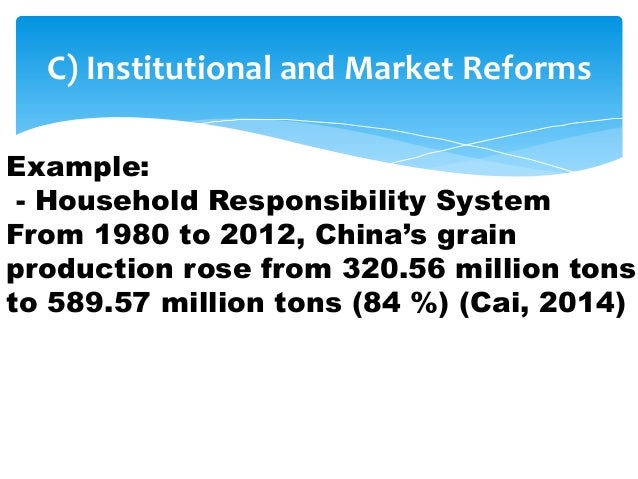


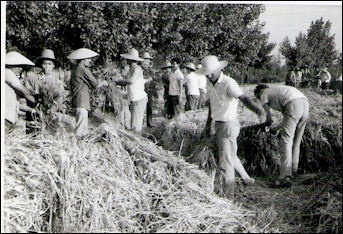






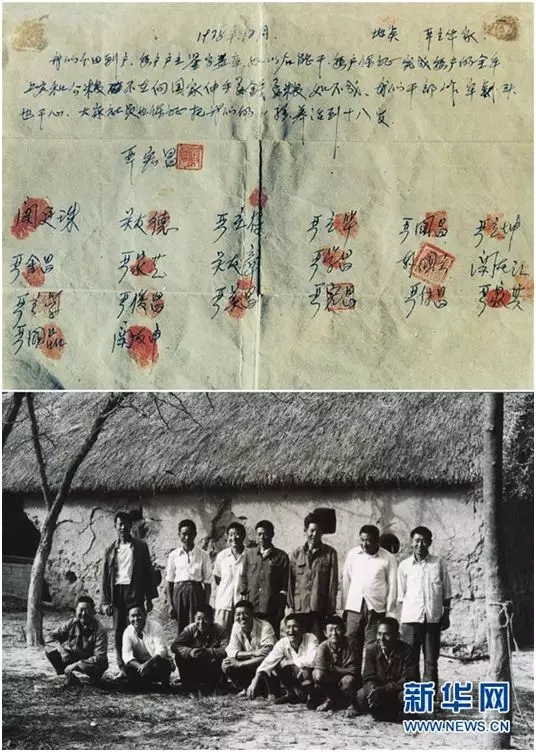


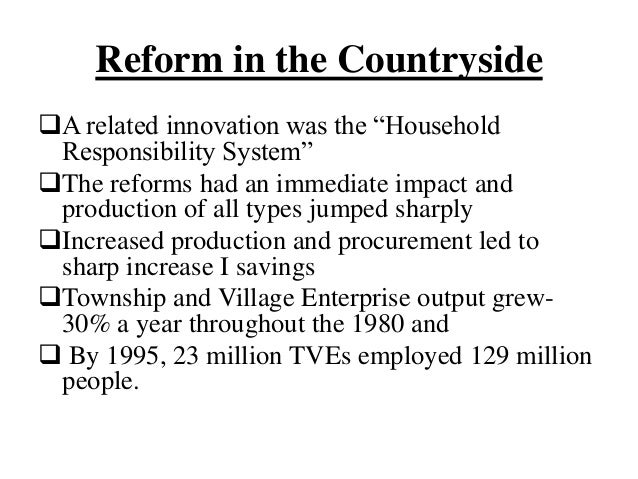

Post a Comment for "Household Responsibility System China"